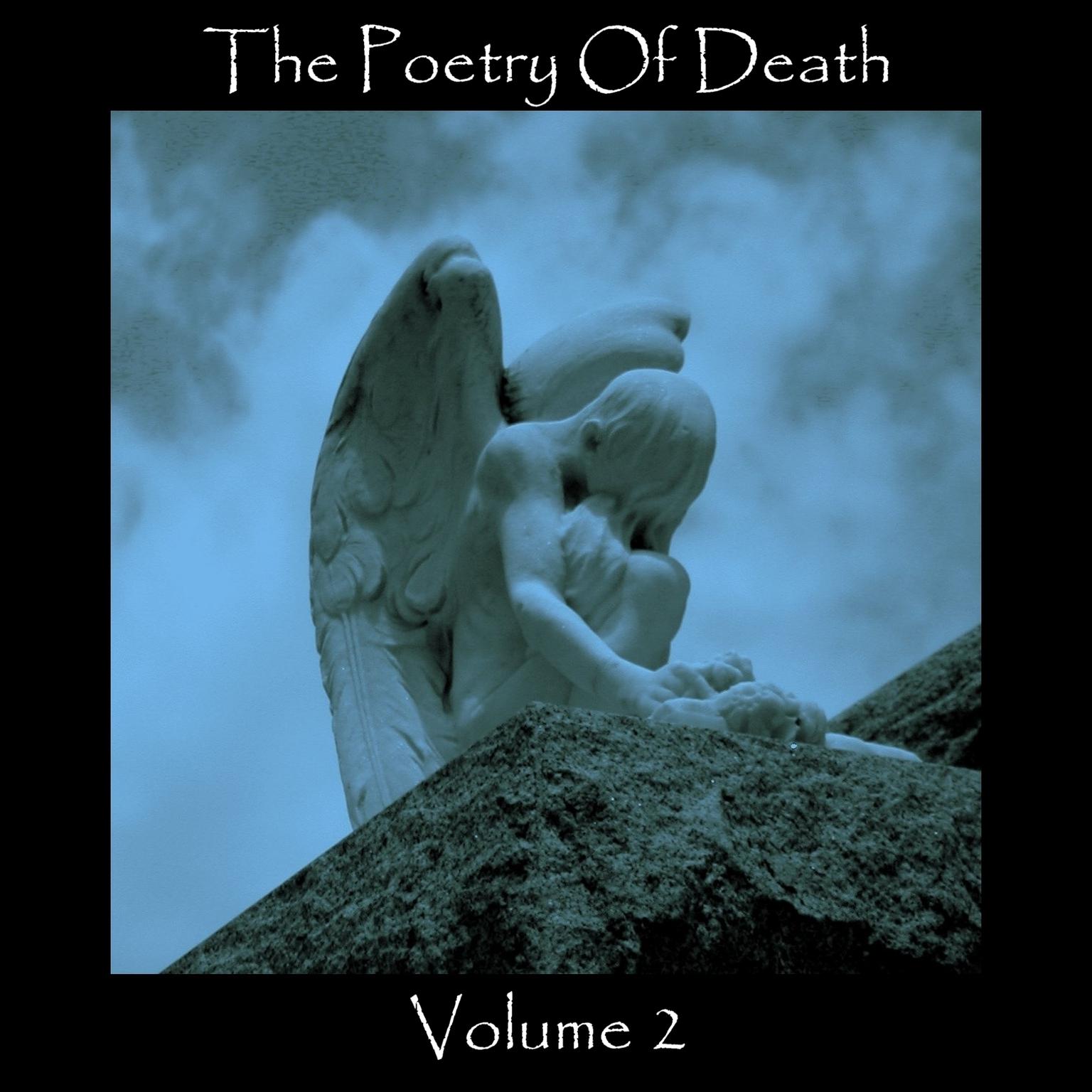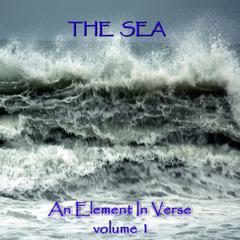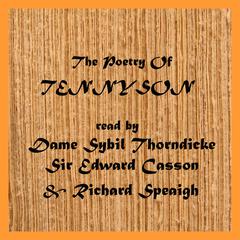 Play Audiobook Sample
Play Audiobook Sample
The Poetry of Death, Vol. 2 Audiobook
 Play Audiobook Sample
Play Audiobook Sample
Quick Stats About this Audiobook
Total Audiobook Chapters:
Longest Chapter Length:
Shortest Chapter Length:
Average Chapter Length:
Audiobooks by this Author:
Publisher Description
Death is a subject that few of us talk about even though it is a (perhaps dreadful) fact of life. And whether it is the actual end of our life's journey or merely a transit point to the afterlife is something no one knows. But what do poets think of it? How do their minds tangle with the subject and make sense of this? In The Poetry of Death, Volume 2 we have collected poems from poets as rich and diverse as Lord Alfred Tennyson, Thomas Hardy, Edgar Allan Poe, and many others to share their words, thoughts and visions with us. Death is unavoidable, but the journey there should be as informed and enjoyable as possible.
Download and start listening now!
The Poetry of Death, Vol. 2 Listener Reviews
Be the first to write a review about this audiobook!
About the Authors
Alfred Tennyson (1809–1892), the first Baron Tennyson, was the poet laureate of Great Britain and Ireland during much of Queen Victoria’s reign and remains one of the most popular British poets.
Thomas Hardy (1840–1928), English poet, dramatist, and novelist, was born on the Egdon Heath in Dorset. He studied in Dorchester and apprenticed to an architect before leaving for London, where he began to write. Unable to find a public for his poetry, which idealized the rural life, he turned to the novel and met with success as well as controversy. The strong public reaction against some of his darker themes turned him back to writing verse. Today several of his novels are considered masterpieces of tragedy.
Percy Bysshe Shelley (1792–1822) was one of the major English Romantic poets and is regarded by critics as amongst the finest lyric poets in the English language. A radical in his poetry as well as his political and social views, Shelley did not achieve fame during his lifetime, but recognition for his poetry grew steadily following his death. Shelley is perhaps best known for such classic poems as “Ozymandias,” “Ode to the West Wind,” “The Masque of Anarchy,” and others.
Edgar Allan Poe (1809–1848) transformed the American literary landscape with his innovations in the short story genre and his haunting lyrical poetry, and he is credited with inventing American gothic horror and detective fiction. He was first published in 1827 and then began a career as a magazine writer and editor and a sharp literary critic. In 1845 the publication of his most famous poem, “The Raven,” brought him national fame.
About Ghizela Rowe
Ghizela Rowe has worked in broadcast television for thirty years on a broad range of programming. Her specialization is in music. She helps run the Copyright Group, an extensive collection of master recording rights, and has lent her voice to many audiobooks, including The Poetry of Elizabeth Barrett Browning, Elizabeth Gaskell: The Short Stories, and The Romantics: An Introduction.






